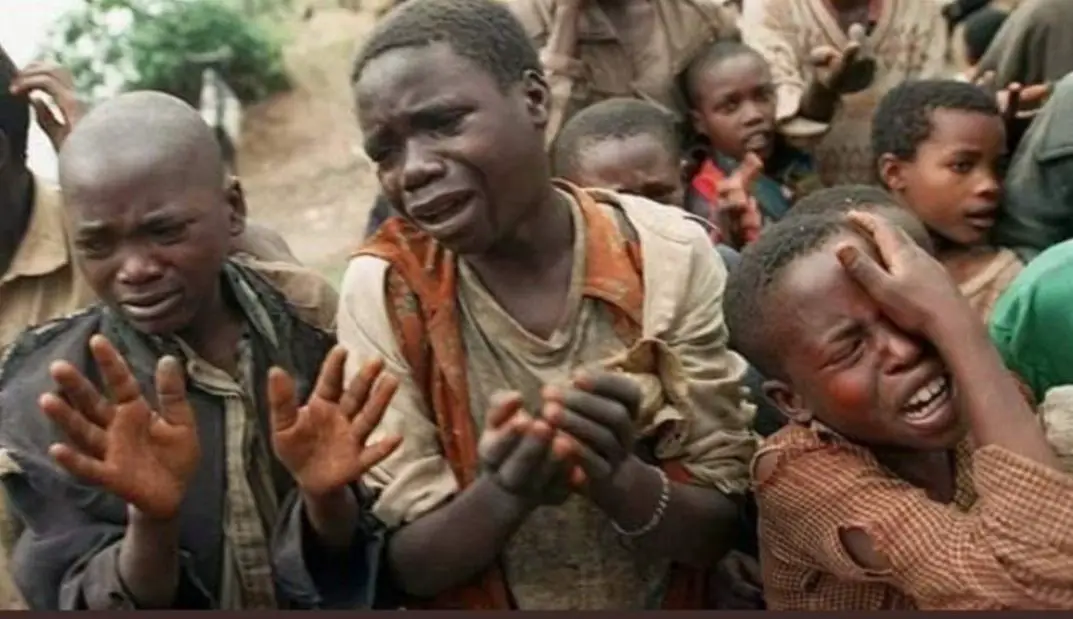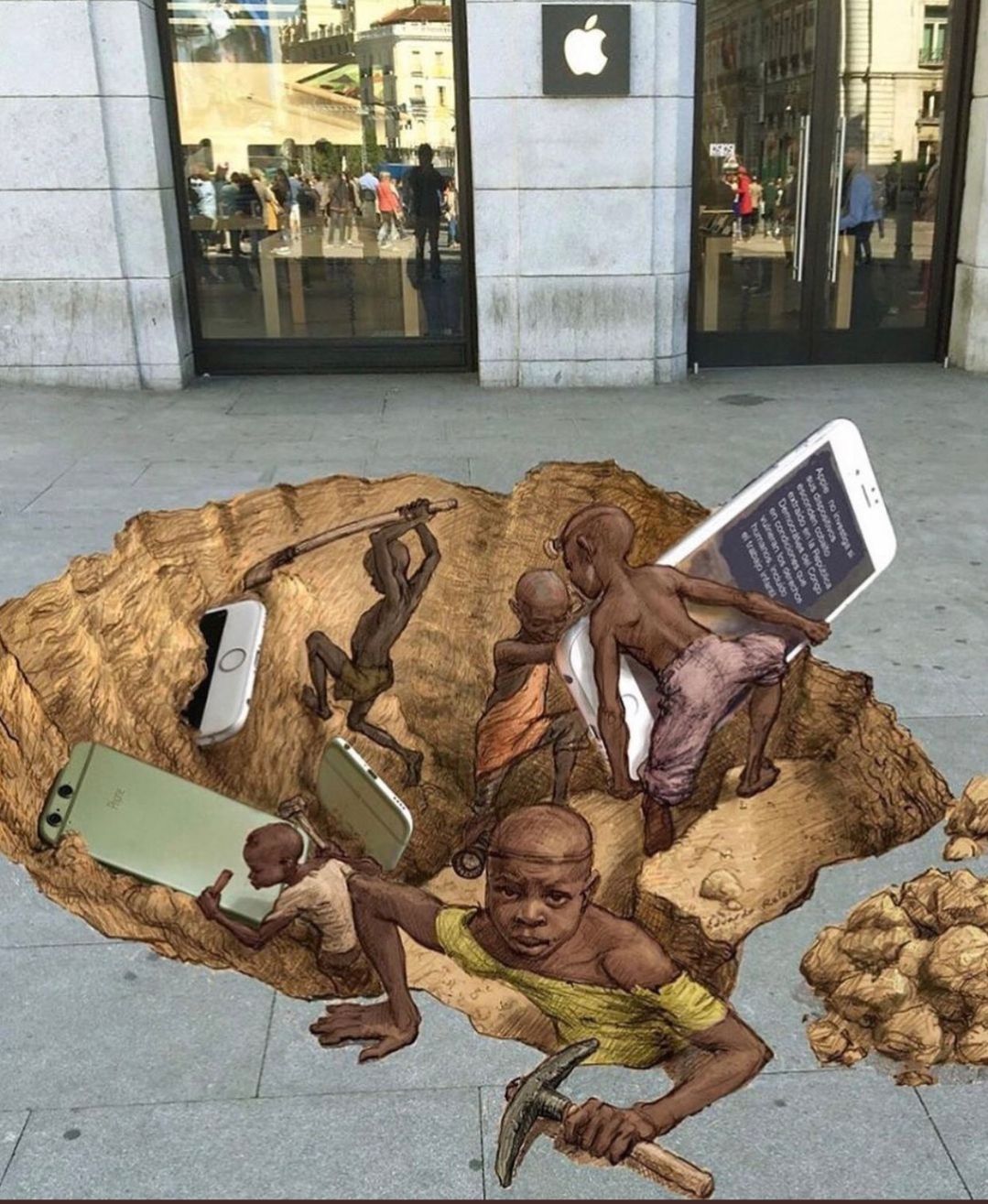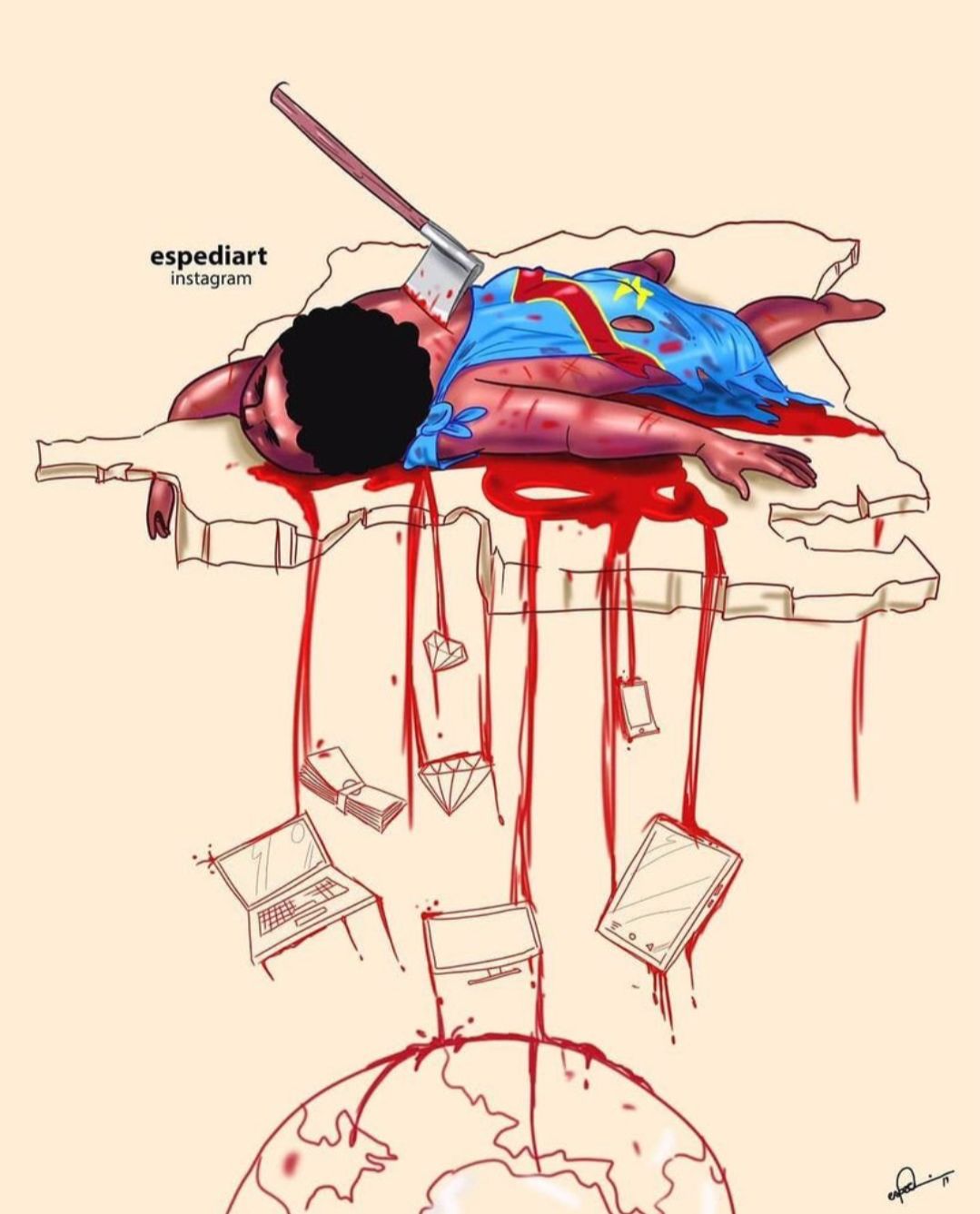Congo needs us: Make mining sites in Congo Safe and fair
Democratic Republic of Congo is one of the richest countries in the world, it has over 60% of cobalt as well as coltan. But as a result of colonization, it is still the poorest country in Africa despite having natural resources.


The Democratic Republic of Congo is one of the wealthiest countries globally; it has over 60% cobalt and coltan. But as a result of colonization, it is still the poorest country in Africa despite having natural resources. Coltan is extracted from Congo used by western governments to make electronic devices we use today, such as smartphones, laptops, and electric cars.
If the prophets of technology are to be believed, the best hope for solving the climate crisis is ever more efficient batteries. But the race to produce enough materials for this energy-storage revolution is creating a host of other environmental problems, as cobalt-producing nations like the Democratic Republic of the Congo, Zambia, and Cuba are discovering.
These lithium-ion batteries are increasingly in demand for electric cars, laptops, and mobile phones, which means cobalt – once deemed a worthless chemical – is now the object of a geo-strategic rivalry between the world's biggest economies. It is also potentially exposing humans and other species to greater doses.
Sourcing cobalt from the DRC is linked to major human rights risks, which have been widely documented. The prevalence of artisanal and small-scale mining (ASM) in the cobalt supply chain creates challenges for establishing responsible sourcing practices. This white paper assesses recent company approaches to formalizing ASM. Formalization of an informal industry is generally defined as the development of standards according to basic human rights principles and environmental standards. In the ASM case, these standards include basic infrastructure, health and safety measures, and monitoring to assess compliance with these standards.
The insights from three ASM formalization projects stem from field research conducted in Kolwezi, DRC, in September 2019, with insights largely drawn from the Mutoshi site because it is the only running ASM cobalt formalization project. The main objective of analyzing these formalization projects is not to assess the pilots' current effectiveness. But to inform the factors that would need to be put in place to make ASM formalization projects scalable and replicable, based on the limited sample of existing formalization projects. (Making Mining Safe and Fair: Artisanal cobalt extraction www3.weforum.org/docs/WEF_Making_Mining_Safe_2020.pdf)

The field research shows that the formalization of ASM is necessary. Fully examining lessons and best practices to inform a comprehensive assessment of formalization of ASM will require consultation with all stakeholders, particularly those working in the DRC’s mining communities. However, the research does not show that the model of ASM on a large-scale industrial mining (LSM) concession is the best or only model for formalization. If it is implemented well, formalization can address key human rights concerns relating to cobalt mining, including child labour and health and safety issues. Yet today there are no common standards to formalize ASM, which hampers the establishment of responsible ASM in the cobalt market and the likelihood of ASM cobalt from responsible sources entering the formal supply chain.
Congo is currently going through a silent Holocaust. A genocide has struck Kinshasa leaving million of people killed over Congo's natural resources. The western countries such as USA and UK being the countries that manufacture most electronics and electric cars are funding Rwanda and Uganda to invade Congo for their resources leaving many innocent people dead.
"Artisanal mining is a lifeline for millions of impoverished people in the DRC. We need to see companies working with the authorities to formalize it – make it safer, remove children, provide miners with a fair price."
Mark Dummett, Head of Business, Security and Human Rights at Amnesty International, quoted in The Financial Times, 28 May 2020
To create economic opportunities for artisanal miners, the DRC government should create artisanal mining zones and remove impediments to industrial subcontracting of artisanal miners. Mining companies should meet their legal obligations to support community development, and standard-setting organizations should make clear that they see industrial-artisanal cooperation as responsible corporate behavior.

In 2016, a report by Amnesty International and AfreWatch found that children as young as seven are working up to twelve hours a day, carrying heavy loads and often without basic protective equipment such as gloves or facemasks. The report called on multinational companies who use the metal to conduct human rights due diligence. In December 2019, Apple, Google, Tesla, and Microsoft were amongst the companies named in a lawsuit filed by the International Rights Advocates, where they stand accused of knowing that cobalt used in their products could be linked to child labour and the related injury and deaths of child miners.
The demand for cobalt continues to soar as we imagine a low-carbon future, and the world will continue to look to the DRC for much of this supply. Mining is a crucial industry in the survival of the Congolese economy, but greed and demand should not come at the expense of workers’ rights. A condition of sale should be the impermissibility of mandatory confinement, hazardous conditions, and child labour, with responsibility falling to the wealthy multinational companies to ensure the safe survival of this industry.
Source: Guardian, The Organization for World Peace, relief web,




